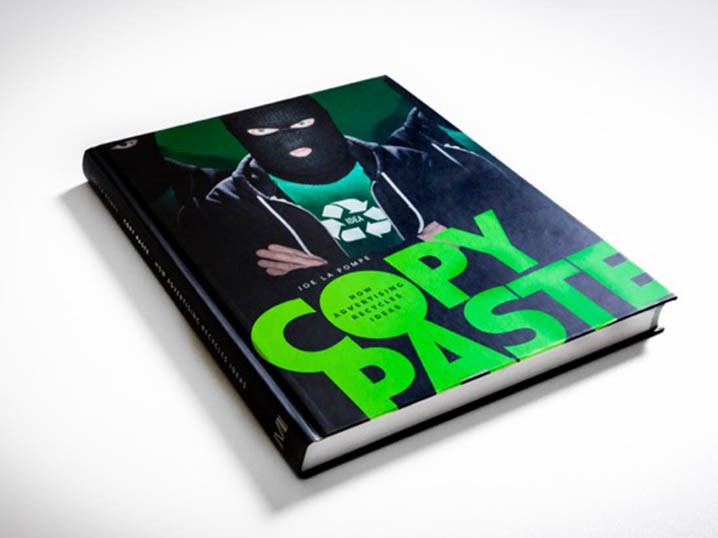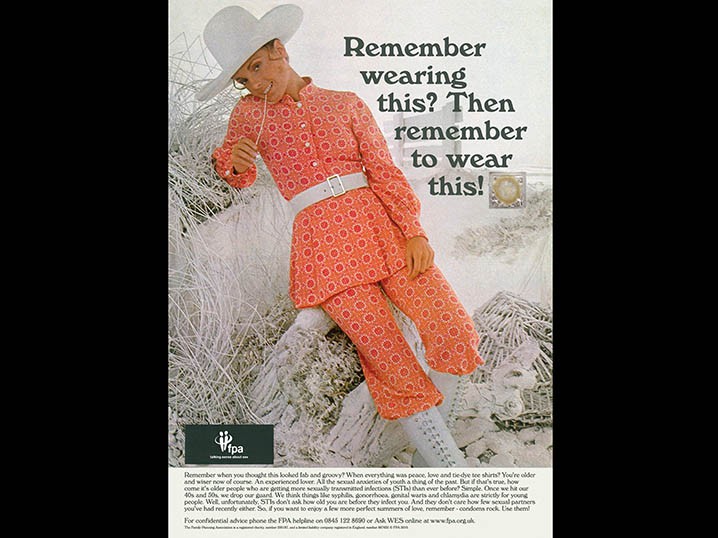News - Advertising
Copy Paste – or how to Make Advertising Agencies Shiver with a Book
by ArabAd staff
August 20, 2016

Though books about advertising are supposed to be a source of inspiration, yet here is Joe La Pompe taking the opposite approach. It’s not because the 572-ad campaigns compiled therein are bad, au contraire; many have been presented at major festivals and some have even won awards. What’s really at stake here, is the matter of true originality, considering that many of these not so creative efforts are actual reproductions. Whether they have been deliberately plagiarised or are the result of unlucky coincidence, is open to interpretation. So, feel free to judge for yourself and make your opinion heard by leaving remarks at variously-assigned hashtags that appear throughout the work and are directly linked to the website joelapompe.net.
The preface of the book is written by Mark Tungate, Epica's Editorial Director, who questions whether any creative work is truly original or not considering that, “Most, if not all works of art and literature, borrow from one another simply because they have their roots in far earlier creations.” He backs this point with plenty of examples and finally concludes that “For one to create something truly original, one needs to be him/her self.”
The book also includes an interview with the author conducted by Jérôme Rudoni, renowned copywriter and strategist at an agency called Maison Moderne. In it, La Pompe explains the issue of his own anonymity saying, “Keeping my face masked is a way of staying in the background, but also a way of maintaining my freedom to criticise.”
In discussing his book, the author remarked that “The ads featured in this book were all presented as original, innovative and ‘firsts’ when they came out, which was false. Even worse, they sought to be rewarded for it.” He also explained that creatives rarely invent something new, rather reinvent previous work and the examples featured in the book are used to denounce this approach.
La Pompe then clarifies that he really is not out to target and sully reputations, rather express concern about the profession as a whole by questioning why, “This problem is being permanently swept under the carpet, side-lined, although it’s a key issue.”
Although this book is not going to change much, he nonetheless firmly believes that his fight is not in vain. “The awareness is there and people have become afraid of getting caught. Whether I’m here or not, no copycat can be sure of getting away with it anymore and that makes me quite optimistic.”
















